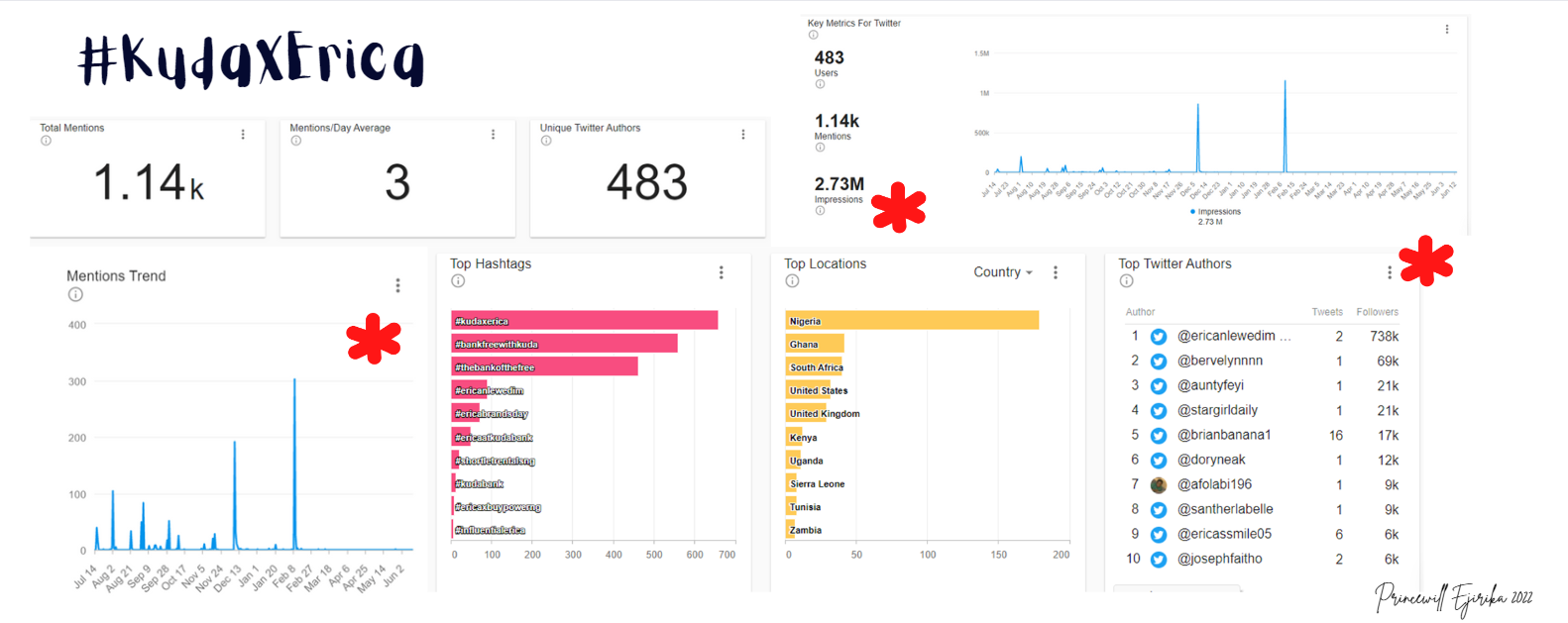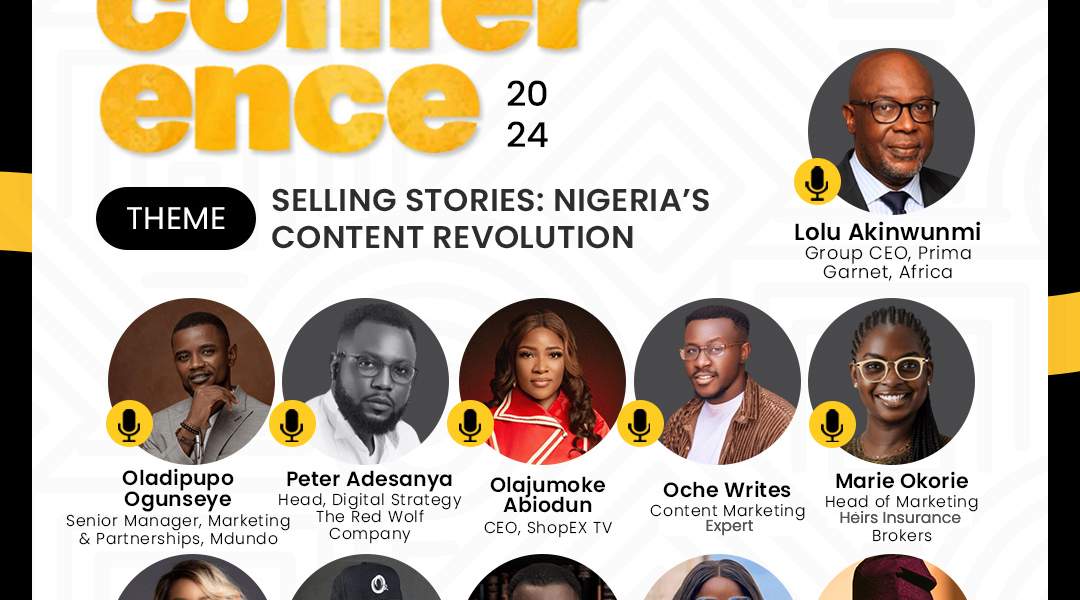“People do not buy goods (brands) and services. They buy relations, stories, and magic” – Seth Godin.
In a time when the average customer is flooded with many marketing activities, both online and offline, understanding the power of influence to drive your marketing has become pivotal in building brands in the 21st-century era.
The top Influencer & brand endorsement deals in Nigeria have mostly been enjoyed by the FMCG & Telco brands who have the deep pockets required to sign A-list celebrities with a large social currency that can help sway consumers to the brand’s side. With the rise of fintech in Nigeria, their growth in valuation and huge capital raises they too have been able to afford some big names to endorse the brand and influence more consumers.
A 2021 U.S report by Civic Science found that 14% of 18 to 24 years old had bought something within the last six months due to a blogger or influencer’s recommendation, this transcends beyond just the United States. The influencer marketing trend is a worldwide phenomenon and smart brands are already reaping the benefits of such influencer collaborations.
So how would you categorise the social media influencers you intend to use? For social proof, you should look at their follower’s numbers.
Your influencer marketing strategy should determine your choice of influencers based on their followership size and relevance to brand.
From experience and keen observation of the influencer marketing industry, there are 2 popular reasons why a tech start-up should consider influencer marketing to drive business goals.
For a tech start-up that wants to adopt an influencer marketing strategy, there are 3 key components to consider when choosing your influencer(s).
Reach: This is the number of customers or people your brand could potentially reach through the influencer’s community base. While trying to attain the best, it makes sense to have a combination of all types of influencers but this would be subject to the available budget.
Relevance: An influencer with relevance would share content that is relevant to your brand and industry. For a tech start-up, the influencer/ambassador needs to have a personality close to that of the brand or the story they are trying to tell along with an audience that is like the type of customers the business wants to target.
Resonance: This is the outcome of both reach and resonance, it is the potential level of engagement an influencer can create with an audience using your brand’s message and offerings.
Let’s look at some influencer marketing campaigns by Nigerian tech start-ups in recent times.
#TheQuidaxCall campaign by Quidax (a digital assets exchange that enables buying and selling of cryptocurrency) carefully selected celebrity influencers in all 4 categories (nano, macro, micro & mega) to drive awareness and reach for their product launch. Quidax leveraged the influence of Don Jazzy to grow their brand while using his reputation of being popular for doing ‘give aways’ to drive new account openings.
Some stats from their Twitter campaigns:
Quidax billboards of Don Jazzy, seen in Lagos.
#ChipperXBurna campaign by Chipper Cash (the borderless payment gateway to send and receive money) announced Grammy winner Burna Boy as an ambassador last year, suffice to say that you can bank on the execution of how they’ve leveraged Burna Boy in getting the necessary reach and attention, to ultimately drive acquisitions for Chipper.
Some stats from their Twitter campaigns:
Chipper also leveraged on macro & micro-influencer with Burna Boy leading the way to drive more conversations on Twitter. They also creatively showcased Burna Boy in several videos to tell the Chipper story from several angles & highlight various use cases of their products on their YouTube and socials along with out-of-home visuals among others.
#KudaXErica campaign by Kuda bank, (bank of the free) collaborated with Erica from the Big Brother Nigeria Pepper Dem season contestant.
It is not news that some of the “Big Brother celebs” have a massive cult following with a lot of fan accounts, and Erica leads the pack here.
Some stats from their Twitter campaigns:
During the period of the campaign, Erica tweeted only twice but the Kuda X Erica campaign message was continually amplified by nano and micro-influencers from her fans who were dedicated to promoting Kuda and thus helping them acquire new users and remaining top of mind.
Meanwhile, Kuda is not slowing down on influencer marketing (and marketing as a whole), not anytime soon.
#ShowLoveWithAlat campaign by Alat (arguably the pioneers of digital banking in Nigeria) saw a collaboration with Davido who happens to be the Wema Bank’s ambassador, to celebrate Alat’s 5th year anniversary. They launched a campaign to drive acquisitions with Davido creating some excitement by promising to randomly reward users who opened an Alat bank account and shared a screenshot of their Alat account. This campaign did well in getting people to download their app and open an account but risks high churn & inactive users if there isn’t a solid retention strategy to follow up.
After managing to pick the right influencer to promote your brand, ensure you are maximising the potential of your influencer by leveraging them to create as much relevant content as possible, using them to get their fans to create generated content for your brand end ensuring they use a call to action to get people to take the required action for your brand that could turn them into potential customers.
-Written by Princewill Ejirika
Princewill Ejirika is an experienced Product Marketing & Growth Marketing manager in Africa who is passionate about building tech communities and helping startup/tech companies scale their growth.




